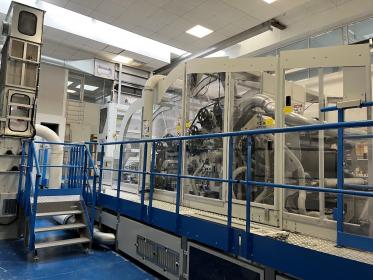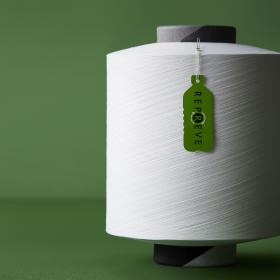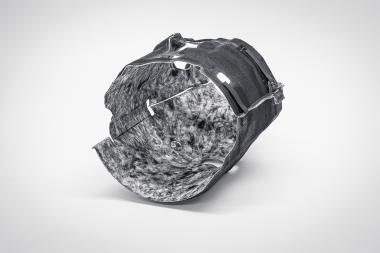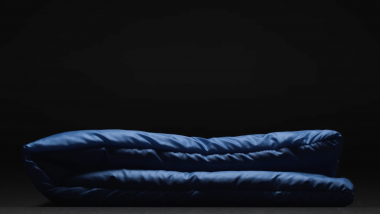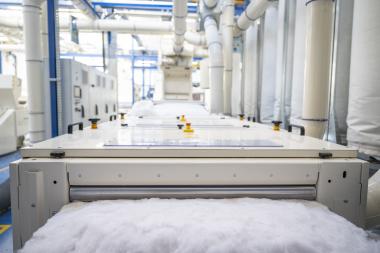CARBIOS joins Paris Good Fashion
CARBIOS, a pioneer in the development and industrialization of biological technologies to reinvent the life cycle of plastic and textiles, announces its membership to Paris Good Fashion, the association that unites over 100 French players in the sector - brands, designers and experts - around their commitment to sustainable fashion. CARBIOS is the first recycling technology supplier to join, demonstrating the importance given to recycling to achieve textile circularity. By contributing its solution for the biorecycling of polyester, the world's most widely used and fastest-growing textile fiber, CARBIOS aims to contribute Paris Good Fashion’s mission, which focuses on concrete actions, best practice sharing and collective intelligence to accelerate change in the fashion industry.
CARBIOS will be particularly involved in the association's project to set up a working group dedicated to the development of a "fiber-to-fiber" industry, one of Paris Good Fashion's top priorities over the next five years. While only 1% of textiles are currently recycled fiber-to-fiber (circular), this working group will identify levers for significantly increasing the share of recycled fibers in the industry. Polyester currently follows a linear model from which we need to break out: virgin polyester is made from petroleum, and recycled polyester from PET bottles. After use, most of these products end their lives in landfill or incineration. A circular, "fiber-to-fiber" industry will give new life to textiles and reduce the environmental impact associated to their end-of-life management.
Carbios












